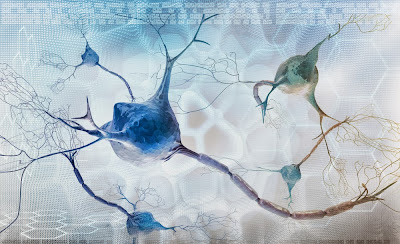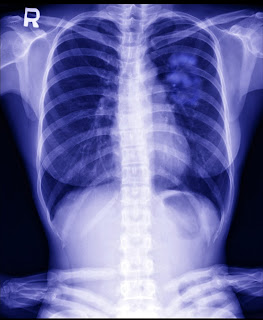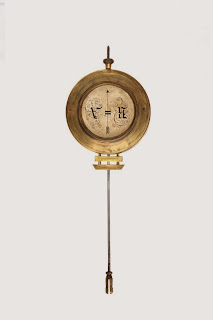
by Nina Rzechorzek (University of Edinburgh, UK) Short-listed for Access to Understanding 2013 How do nerve cells die? Many human diseases involve degeneration of the nervous system – a system of interconnecting nerve cells, allowing us to sense and respond to our environment. All of these disorders are incurable and fatal. Most of them share a common feature – aggregation of abnormal protein within nerve cells.








